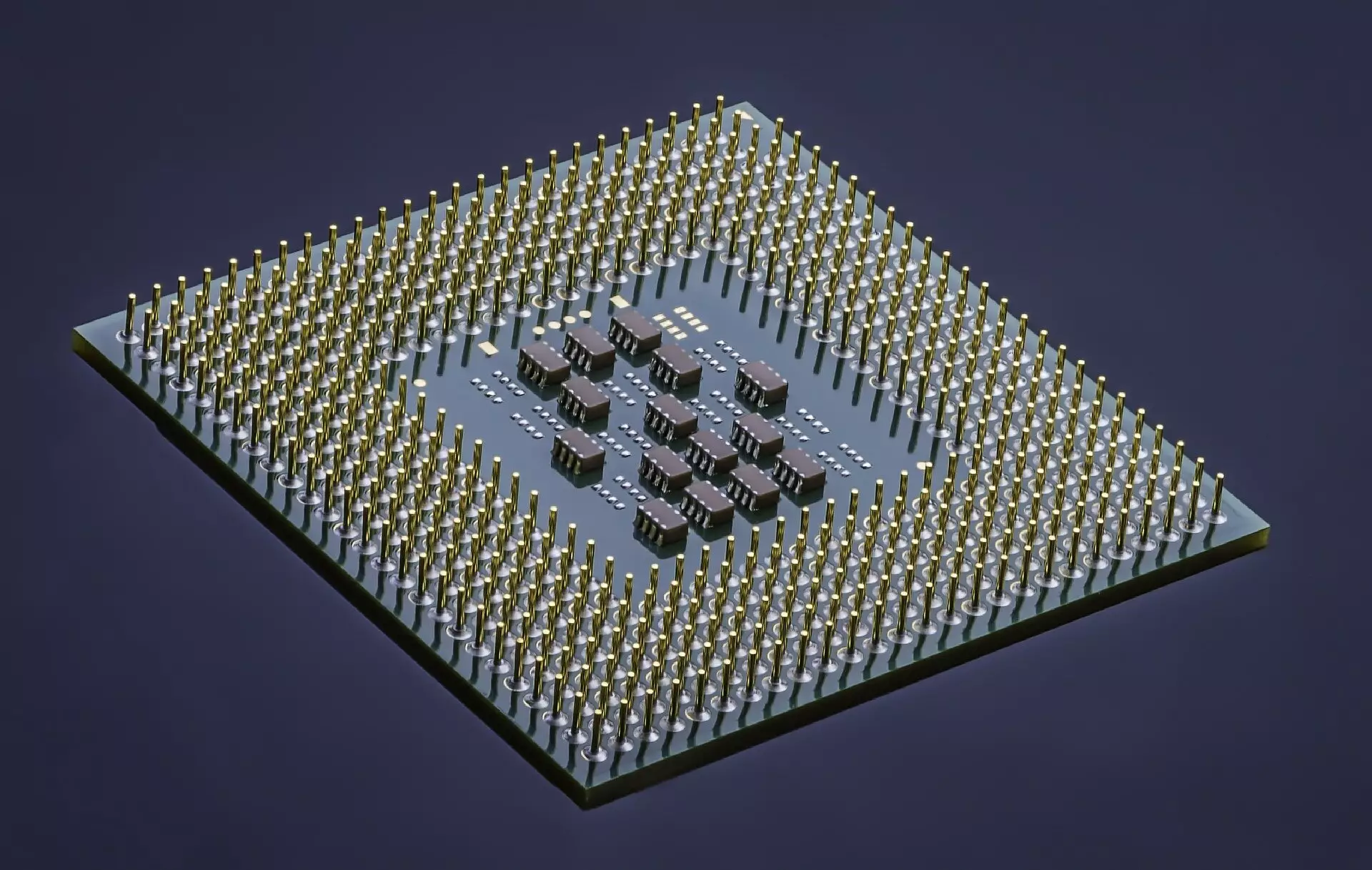In a significant strategic maneuver, the UK government has successfully secured a vital semiconductor factory in Newton Aycliffe, located in the northeast of England. This facility is of particular importance due to its unique capability to manufacture gallium arsenide chips, which are essential components in various electronic devices utilized by the armed forces. The announcement, made public on Friday, reflects a proactive response to the looming threat of the factory’s closure, which could have severely disrupted the already fragile supply chain to the UK’s military operations. The Defense Secretary, John Healey, has emphasized the relevance of this acquisition, suggesting that it sends a powerful message of governmental support for British defense production.
The financial specifics of this acquisition remain undisclosed by official sources; however, reports indicate that the UK government has invested around £20 million (approximately $27 million) to purchase the factory from the US-based Coherent Inc. This transaction not only symbolizes an investment in technological infrastructure but also secures around 100 employment positions, thereby supporting local economic stability. The factory, which will now operate under the name Octric Semiconductors UK, is expected to continue its production lineage, addressing the increasing local demand for electronic components, particularly those integral to national defense mechanisms.
The semiconductor industry faces numerous challenges that extend beyond this acquisition. A vital supplier to tech giant Apple, the factory narrowly avoided an uncertain future following the conclusion of its contract with the American company. Media reports from August indicated that the site’s viability was under threat, underscoring the industry’s susceptibility to shifts in corporate partnerships and technological monopolies. The high demand for semiconductors—over a trillion units produced annually—highlights the critical role they play across various sectors, from consumer electronics to advanced military systems.
The global semiconductor market is projected to reach a remarkable value of $1 trillion by the year 2030. This forecast signals the increasing reliance on semiconductors in various domains, including artificial intelligence and emerging technologies like 6G wireless networks. The geopolitical landscape around semiconductor production is also becoming increasingly competitive, particularly between the United States and China. Given the strategic nature of these components, nations are recognizing the need to bolster their domestic production capacities to ensure technological sovereignty and national security.
The UK government’s acquisition of the Newton Aycliffe semiconductor facility exhibits a discerning understanding of the intersection between technology, defense, and economic stability. As the world shifts towards more advanced technologies, securing a local supply of essential components becomes not just a matter of convenience, but a critical strategic imperative. This acquisition not only reinforces Britain’s military capabilities but also positions the nation favorably in the unfolding global semiconductor narrative. With defense and technology intertwined now more than ever, the UK is taking steps to safeguard its future in a competitive landscape, showcasing a commitment to supporting its own technological infrastructure.

